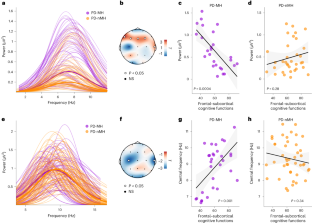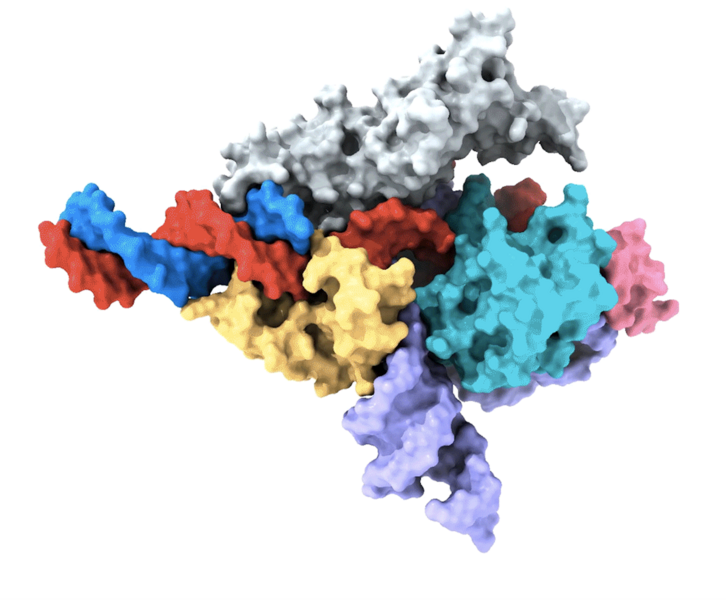2023-06-30 スウォンジー大学
◆英国では、成人の25%以上が2つ以上の慢性疾患を抱えており、これにより医療費も増大しています。研究チームは、複数の健康状態の予防や遅延に向けた的確なアプローチを支援するために、これらの疾患の進行順序が患者の寿命に重要な影響を与えることを明らかにしました。
<関連情報>
- https://www.swansea.ac.uk/press-office/news-events/news/2023/06/groundbreaking-research-examines-how-the-sequence-of-disease-acquisition-affects-life-expectancy.php
- https://www.thelancet.com/journals/lanpub/article/PIIS2468-2667(23)00098-1/fulltext
ウェールズの1700万人における精神病、糖尿病、うっ血性心不全の多疾患クラスターにおける時間的順序が平均余命に及ぼす影響と20年間の追跡調査:リンクデータを用いた後方視的コホート研究 Effect on life expectancy of temporal sequence in a multimorbidity cluster of psychosis, diabetes, and congestive heart failure among 1·7 million individuals in Wales with 20-year follow-up: a retrospective cohort study using linked data
Rhiannon K Owen,Jane Lyons,Ashley Akbari,Bruce Guthrie,Utkarsh Agrawal,Daniel C Alexander,Amaya Azcoaga-Lorenzo,Anthony J Brookes,Spiros Denaxas,Carol Dezateux,Adeniyi Francis Fagbamigbe,Gill Harper,Paul D W Kirk,Eda Bilici Özyiğit,Sylvia Richardson,Sophie Staniszewska,Colin McCowan,Ronan A Lyons,Keith R Abrams
The Lancet Public Health Published:July, 2023
DOI:https://doi.org/10.1016/S2468-2667(23)00098-1

Summary
Background
To inform targeted public health strategies, it is crucial to understand how coexisting diseases develop over time and their associated impacts on patient outcomes and health-care resources. This study aimed to examine how psychosis, diabetes, and congestive heart failure, in a cluster of physical–mental health multimorbidity, develop and coexist over time, and to assess the associated effects of different temporal sequences of these diseases on life expectancy in Wales.
Methods
In this retrospective cohort study, we used population-scale, individual-level, anonymised, linked, demographic, administrative, and electronic health record data from the Wales Multimorbidity e-Cohort. We included data on all individuals aged 25 years and older who were living in Wales on Jan 1, 2000 (the start of follow-up), with follow-up continuing until Dec 31, 2019, first break in Welsh residency, or death. Multistate models were applied to these data to model trajectories of disease in multimorbidity and their associated effect on all-cause mortality, accounting for competing risks. Life expectancy was calculated as the restricted mean survival time (bound by the maximum follow-up of 20 years) for each of the transitions from the health states to death. Cox regression models were used to estimate baseline hazards for transitions between health states, adjusted for sex, age, and area-level deprivation (Welsh Index of Multiple Deprivation [WIMD] quintile).
Findings
Our analyses included data for 1 675 585 individuals (811 393 [48·4%] men and 864 192 [51·6%] women) with a median age of 51·0 years (IQR 37·0–65·0) at cohort entry. The order of disease acquisition in cases of multimorbidity had an important and complex association with patient life expectancy. Individuals who developed diabetes, psychosis, and congestive heart failure, in that order (DPC), had reduced life expectancy compared with people who developed the same three conditions in a different order: for a 50-year-old man in the third quintile of the WIMD (on which we based our main analyses to allow comparability), DPC was associated with a loss in life expectancy of 13·23 years (SD 0·80) compared with the general otherwise healthy or otherwise diseased population. Congestive heart failure as a single condition was associated with mean a loss in life expectancy of 12·38 years (0·00), and with a loss of 12·95 years (0·06) when preceded by psychosis and 13·45 years (0·13) when followed by psychosis. Findings were robust in people of older ages, more deprived populations, and women, except that the trajectory of psychosis, congestive heart failure, and diabetes was associated with higher mortality in women than men. Within 5 years of an initial diagnosis of diabetes, the risk of developing psychosis or congestive heart failure, or both, was increased.
Interpretation
The order in which individuals develop psychosis, diabetes, and congestive heart failure as combinations of conditions can substantially affect life expectancy. Multistate models offer a flexible framework to assess temporal sequences of diseases and allow identification of periods of increased risk of developing subsequent conditions and death.
Funding
Health Data Research UK.


